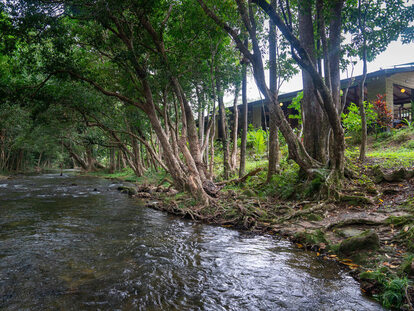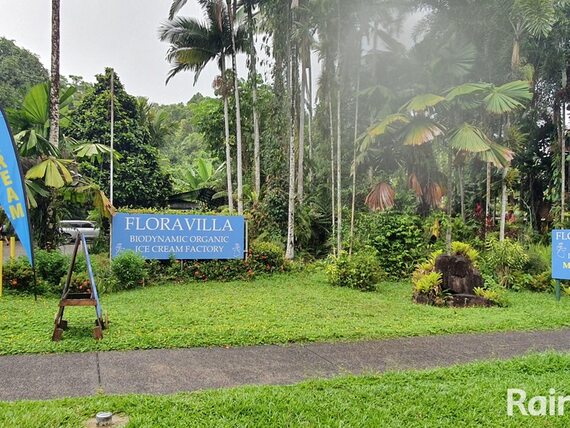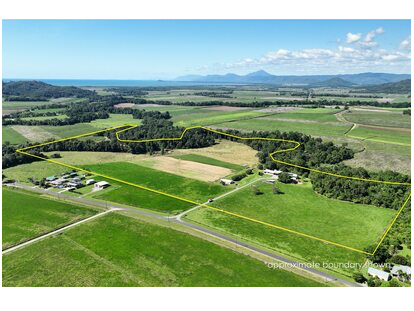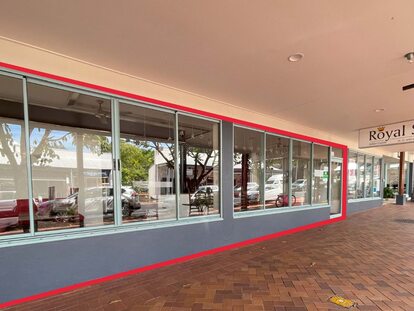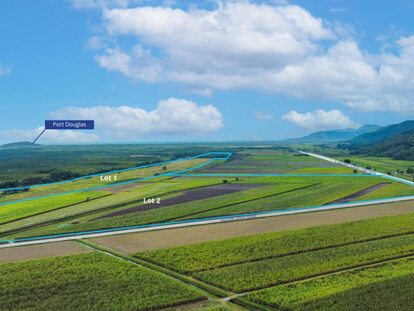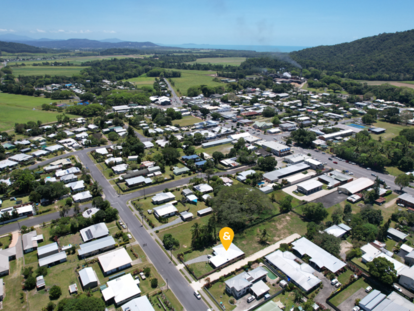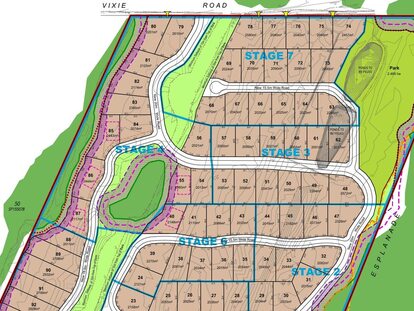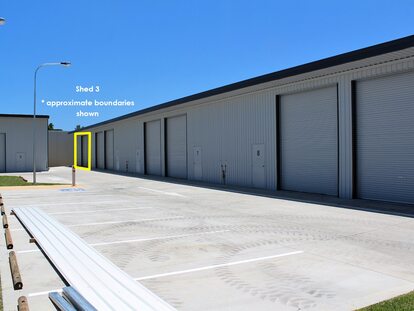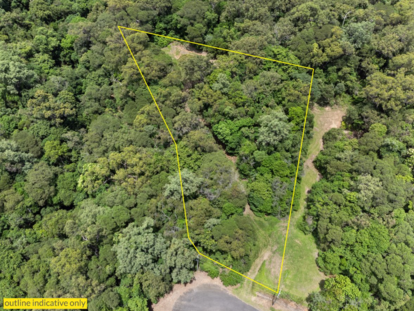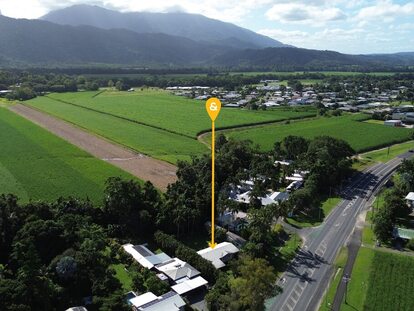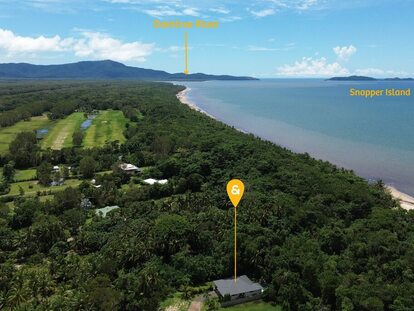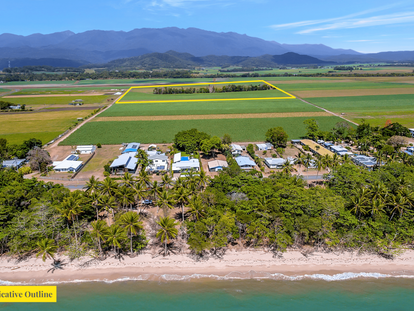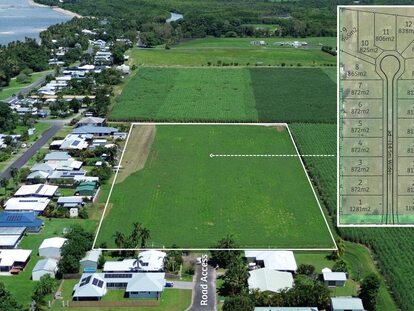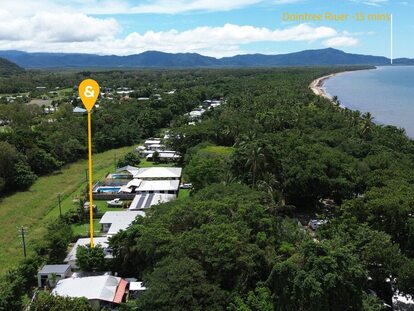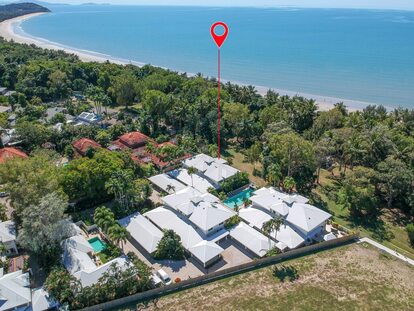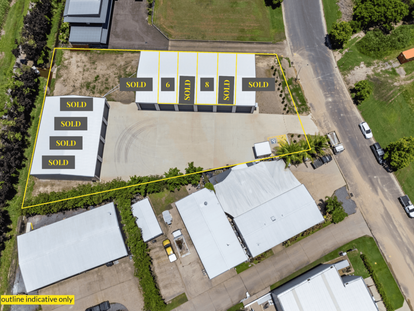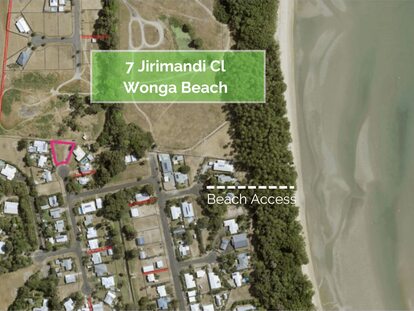Opinion: What of those who pay for their ‘voice’ to Parliament?
Opinion
The National Party’s hypocritical and evidence-lacking decision to oppose the Voice to Parliament exemplifies the political dilemma the Liberal Party has faced since 2007.
Does it side with the Nationals at the behest of its right-wing and at the cost of further alienating urban progressive voters, or does it ignore the Nationals and the right and adopt policies for the sensible centre?
Until 21 May the Liberals got away with appealing moderate to urban voters while keeping the red necks from deserting to far-right fringe parties.
Now, though, the Australian electorate has clearly changed and the Liberal Party has not changed with it. It has lost its clothes.
Liberal Leader Peter Dutton might think he is in the box seat over the Voice. If so, he is mightily mistaken.
Popular wisdom has it that without all major parties agreeing, any referendum proposal would be defeated. That is based on the history of 36 defeats out of 44 referendums since federation.
Dutton probably thinks that all the Liberal Party has to do is be wagged by the National tail and oppose the referendum and it will be defeated – thus scoring a point against the Labor Party.
But in the nearly quarter century since the last defeated referendum, allegiance to the major parties has weakened substantially. Nearly a third of the vote does not go to a major party.
Voters are less likely to blindly vote for the party of their parents. They appear even less likely to accept all the policy positions of the major parties on just say so. The marriage equality plebiscite showed that.
The electorate is more educated and independently minded than in the past, especially the younger part of it, none of whom have ever voted in a constitutional referendum before.
The marriage equality plebiscite and most of the successful referendums were on issues of fairness. They show that when you put a fairness issue to the people, they respond positively.
And the Voice is a fairness issue. The National Party got a tad more than $4 million in donations in 2020-21. They included banks, insurance companies and big agriculture. The donors excpect and get a return in the form of favourable policy.
Behavioural psychologists tell us that even small donations set up a sense of obligation, and the returns can be disproportionately large.
Added to the donations are the easy access meetings with National Party MPs. On top of that are the well-heeled lobbyists and industry associations putting their stands in an eloquent and persuasive way, sometimes at generous dinners.
This is their voice to the parliament. It is quiet, but very effective. At least, the Indigenous Voice will be in public.
And every policy the quiet voices succeed in getting results in less public money for the things that concern Indigenous Australians – health, education, and housing.
This is the hypocrisy – to accept the well-funded voices, but deny the Indigenous one.
And on what basis did they come to the decision to oppose the Voice? Their Northern Territory senator, Jacinta Nampijinpa Price, who argues that the Voice is just a feel-good move by urban Aborigines that will not help bridge the gap. And her evidence is just her personal experience.
That is pretty weak evidence when pitted against years of consultative work that went into the Uluru Statement and the Voice proposal.
The National Party’s consultative credentials took a further hit when one of their federal members, Andrew Gee, came out after the party’s decision to say that no-one asked him and he would continue to support the Voice.
The Western Australian Nationals, too, said they would continue to support the Voice. And the Western Australians have more insight into Indigenous affairs and the intersection with mining than the other branches.
So where does this leave Dutton? His side of politics got $32 million in donations in 2020-21. That is a very big – if insidiously silent – voice to parliament. To deny an Indigenous Voice will look a little hypocritical.
Further, he also risks many MPs defying his opposition, just as some Nationals did.
Indeed, Dutton might be on a lose-lose if he opposes the Voice. If the referendum passes, he would become the first Liberal leader in Australian history to have unsuccessfully opposed a referendum. It would add to the perception that the Liberal Party is out of touch with mainstream Australia.
If, on the other hand, the referendum went down, a lot of the middle ground – whose support he needs to regain to have any chance at the next election – would blame him for an inevitable international backlash that would brand Australia as racist.
They would see him as a leader who put political point-scoring before national reconciliation.
Despite losses in South Australia, federally and Victoria, there is little evidence that Dutton has got the message. Federally, there was not even the usual “we have heard the people and we will change” speech.
In a democracy there is a presumption that the people get it right and the losing party got it wrong. But in the echo chamber of Sky News and the Murdoch press, the voters got it wrong in those three elections.
Some opponents of the Voice think that it will mean different treatment based on race. But that argument can be addressed by saying that when a group of people’s living standards and opportunities are so radically unequal, there is a case for giving them some special treatment to help them catch up or redress the inequality.
Our Constitution does this with the smaller states by giving them proportionately more senators so their voice to Parliament is not overwhelmed by larger states.
The Constitution even provided for an Interstate Commission because the Founding Father thought the smaller states could be disadvantaged in matters of trade. It is now defunct because any disadvantage has been remedied in other ways.
Indeed, that would be the best long-term result of the Voice – that it becomes unnecessary because Indigenous disadvantage is redressed.
This article first appeared in The Canberra Times and other Australian media on 6 December 2022.
www.crispinhull.com.au
Thank you!
Newsport thanks its advertising partners for their support in the delivery of daily community news to the Douglas Shire. Public interest journalism is a fundamental part of every community.
Got a news tip? Let us know! Send your news tips or submit a letter to the editor here.
* Comments are the opinions of readers and do not represent the views of Newsport, its staff or affiliates. Reader comments on Newsport are moderated before publication to promote valuable, civil, and healthy community debate. Visit our comment guidelines if your comment has not been approved for publication.






















